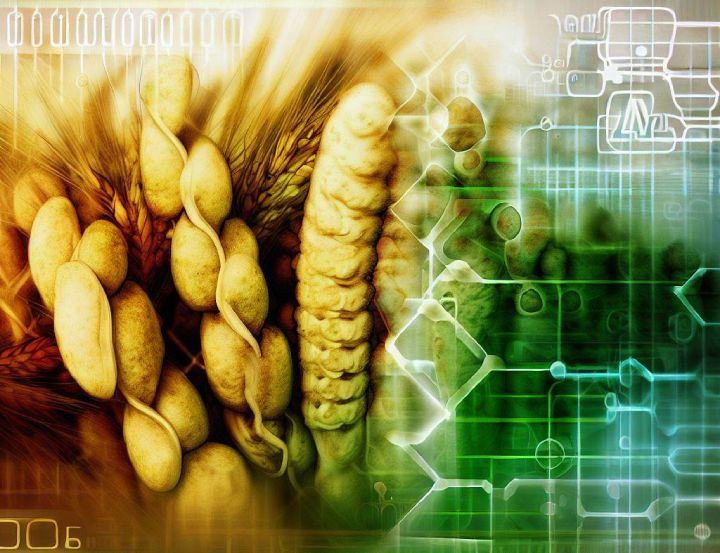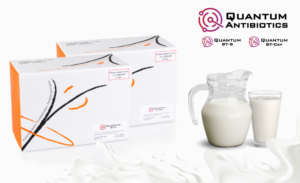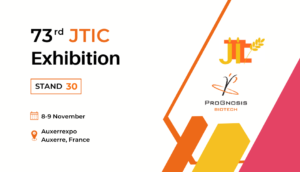There is a growing concern regarding the presence of mycotoxins in wheat, a major staple crop worldwide. A recent study led by Dr. Neil Brown, a fungal biologist from the University of Bath in the UK, in collaboration with colleagues at the University of Exeter, has revealed that almost half of wheat crops in Europe are affected by the fungal infection that produces these toxins.
Risks posed by Mycotoxins
Mycotoxins, which are toxic secondary metabolites produced by certain fungi, can cause sickness in humans and livestock when consumed in contaminated products. They also negatively impact the economy as they decrease the value of grain. Mycotoxins are a major concern due to the significance of wheat in global food supplies, providing 18% of total calories in human diets worldwide.
To address this issue, the research team analyzed the largest datasets available from government and agribusiness entities, which monitor mycotoxins produced by Fusarium in wheat entering the food and animal feed supply chains. By utilizing data from across Europe over the past decade, the team constructed the most comprehensive understanding of the mycotoxin threat and its evolution.
The study found that mycotoxins, specifically deoxynivalenol (DON), were present in every European country. Half of the wheat intended for human consumption in Europe contains the Fusarium mycotoxin DON, while in the UK, 70% of wheat is contaminated. While regulations set legal limits on DON contamination levels in wheat intended for human consumption, providing effective protection with 95% of wheat meeting safety limits, the ubiquitous presence of mycotoxins is still a concern as the effects of long-term, low-level exposure to these toxins in our diet are not fully understood.

The Economic Impact of Toxins
Furthermore, when mycotoxins reach a certain level, the contaminated grain is redirected from human food to animal feed, resulting in a loss of value for cereal farmers and impacting cereal market prices.
The team also estimated the economic impact of Fusarium Head Blight mycotoxins by calculating the value lost due to wheat being too contaminated with DON for human consumption. Across Europe, it is estimated that 75 million tonnes of wheat (5% of food wheat) exceeded the limit allowed for human consumption, resulting in a loss of 1.2 billion euros.
A Growing Threat
With climate change causing more severe mycotoxin outbreaks in the future, this is only going to become more important as mycotoxin outbreaks become more severe.
Prognosis Biotech is committed to addressing this significant threat to global food security and human health by continually monitoring the situation and working towards the development of methods and products for detecting and limiting the spread of mycotoxins in wheat. Our ELISA testing kits and the Symmetric Technology targeting mycotoxins residues are extremely accurate and precise producing reliable with exceptional sensitivity and stability.
Our main aim is to ensure the safety and nutritional value of the food we consume.
Journal Reference
Louise E. Johns, Daniel P. Bebber, Sarah J. Gurr, Neil A. Brown. Emerging health threat and cost of Fusarium mycotoxins in European wheat. Nature Food, 2022; 3 (12): 1014 DOI: 10.1038/s43016-022-00655-z




